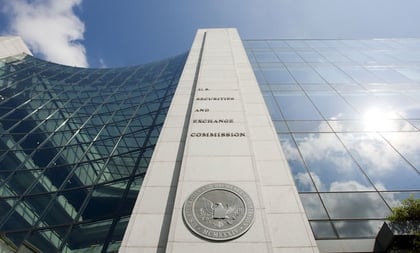The Securities and Exchange Commission and the North American Securities Administrators Association issued a joint summary Monday explaining the compliance implications for qualified opportunity funds under federal and state securities laws.
The “opportunity zone” program was established by the Tax Cuts and Jobs Act in December 2017 to provide tax incentives for long-term investing in designated economically distressed communities.
The SEC also released staff guidance on the ability of Main Street investors to participate in such offerings.
“The opportunity zone program has the potential to encourage investment and economic development in many areas across the country that are in need of capital. The staff statement released today will help market participants understand securities laws implications when seeking to raise capital for opportunity zones,” said SEC Chairman Jay Clayton.









 July 15, 2019 at 07:14 PM
July 15, 2019 at 07:14 PM











